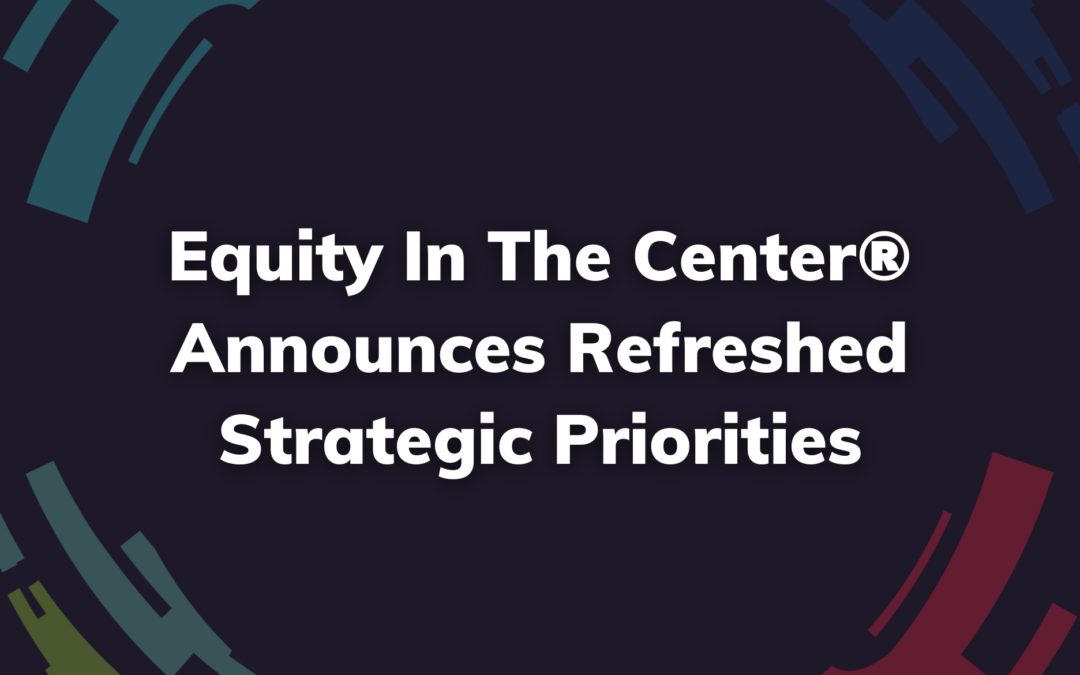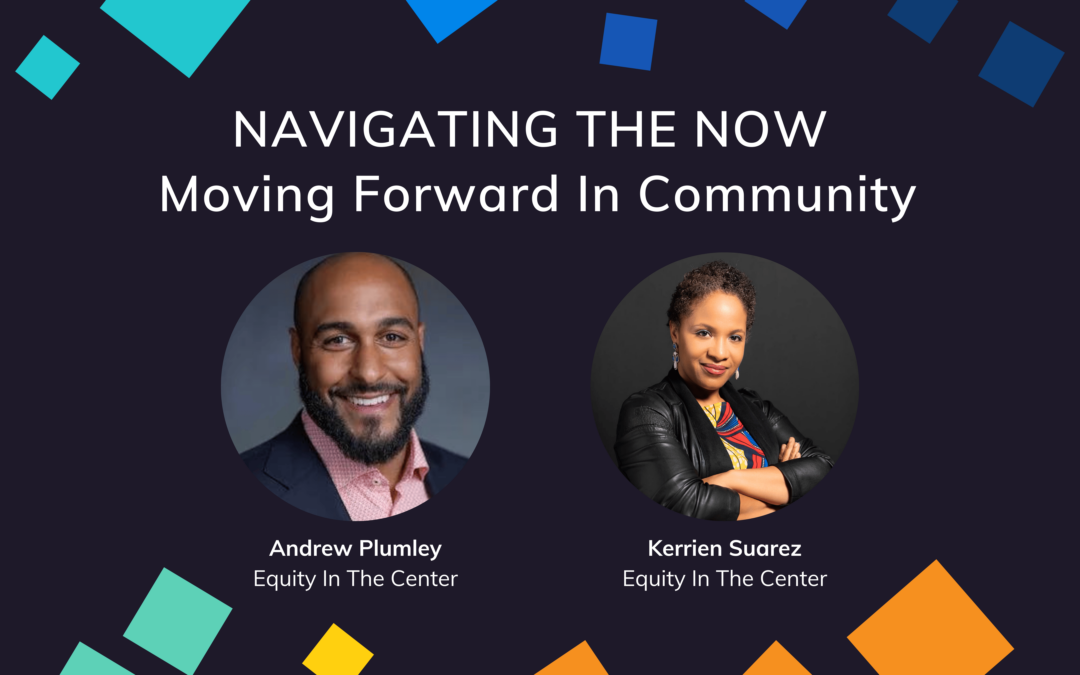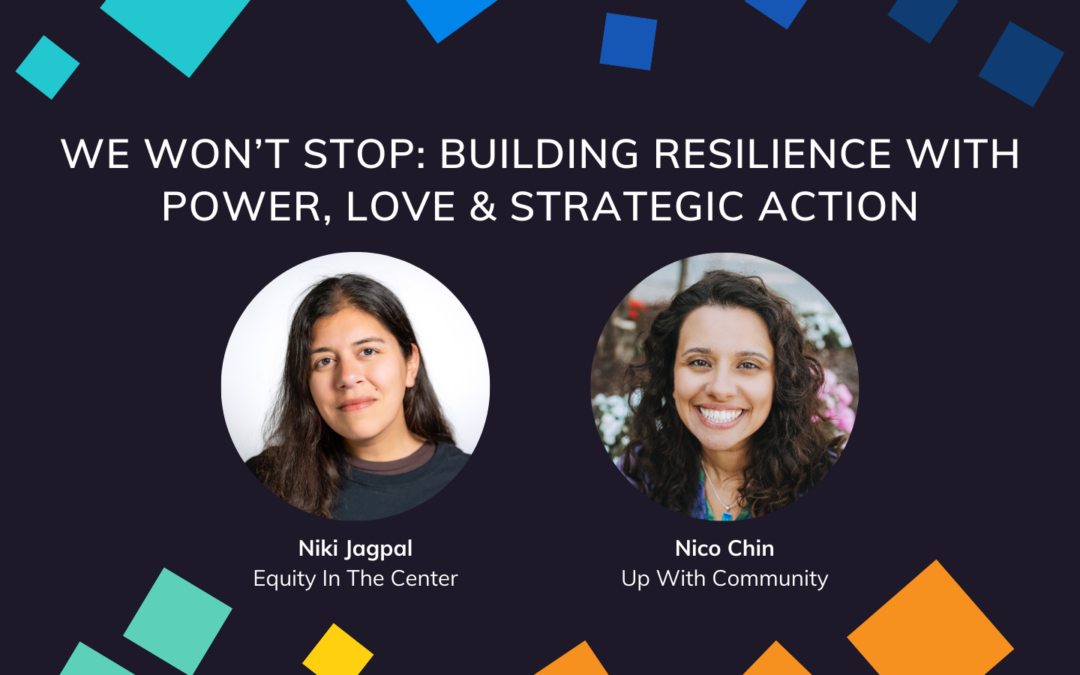By: Nicola Chin

We’ve spent the last two weeks virtually connecting with community-based partners across the country on their responses and needs at this moment. We have heard the resounding historic theme that, in moments of crisis, communities of color and other marginalized communities suffer first, and often hardest. The threats to our livelihood and justice can appear insurmountable. Yet, from the history of our ancestors, and all those who walked these roads before us, we know survival and hope are open to us.
In the search for that path, we have co-created a new tool, Strategic Thinking in a Long Term Crisis: One Approach. We hope this evolving resource can be a jumping off point to help community-based organizations make meaning of this moment together, and build the power we need for the weeks, months, and years ahead of us.
Read on for an excerpt from the guide and a link to download the full document.
In unprecedented times of crisis, we must begin our work with immediate, rapid response interventions. When a short-term crisis becomes a long-term reality, it can be helpful to merge rapid-response planning tools with strategic thinking to plan for the short, medium and long term simultaneously.
Building on the work of Erik Peterson’s VAST framework for campaign planning, as well as Leslie Sholl Jaffe and Randy Alford’s POP model (shared via STP), Up With Community has compiled this map of questions to support strategic thinking in a long-term crisis.
- After the first week or two we need to transition from “sprint mode” (working at 100% speed) into “marathon mode” (50% to 75% speed) to sustain our pace for a longer period of time.
- To help that transition, we want an easy way to keep our long- and medium-term objectives in our mind, while continuing to rapidly respond to the short-term needs of our communities.
- It is important during this time to continue:
- Creating pathways to process emotions, impact and grieving for all teammates–attending to both the observable and perceived losses of each person. This can be a time to explore somatics and other new habits that can support healthy, sustained action.
- Collecting and analyzing our own sources of data on the crisis, assessing which governmental entities are the most valuable for our individual communities.
- And foregrounding questions of justice–particularly as the most marginalized communities are most impacted by crises and fascists often use crisis as a way to consolidate power.
- During a long-term crisis, we need to be able to see different “altitudes,” or perspectives, on the crisis at different times–and sometimes within the same meeting. We have mapped strategy questions to these altitudes to help your team move between perspectives. Please see this framework as a jumping-off point to organize and generate the questions most relevant to your work.
GET THE FULL GUIDE HERE. CLICK TO VIEW AND DOWNLOAD.

Nicola Chin is the Founder of Up With Community, a practice for building creative, powerful, liberated teams. For more resources and tools visit: www.upwithcommunity.org.



